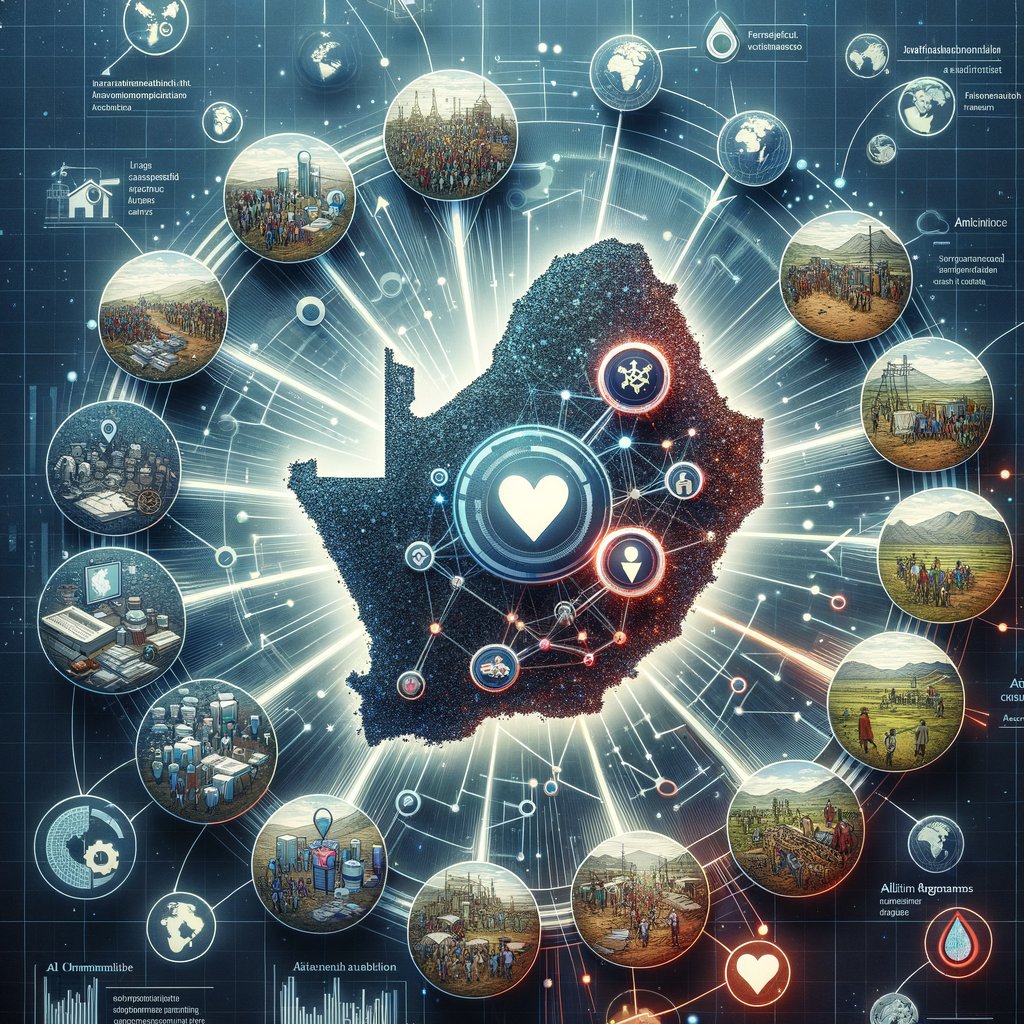Image created by AI
Lesotho Responds to Trump's Dismissive Remarks in US Congress Speech
In a surprising turn of events, Lesotho's diplomatic circles have been stirred by comments from US President Donald Trump, who described the southern African nation as "a country nobody has heard of" during his first major address to both chambers of Congress since his recent return to office. The statement came as part of Trump's critique of foreign spending, specifically referencing an $8 million allocation for LGBTQI+ promotion in Lesotho as an example of "appalling waste."
Lesotho's Foreign Minister, Lejone Mpotjoane, expressed dismay and insult over the remarks, pointing out the inappropriateness of such comments about a sovereign state. Mpotjoane took the opportunity to extend an invitation to President Trump, encouraging him to visit Lesotho to see its significance and uniqueness firsthand.
Mpotjoane highlighted the contribution of US aid to Lesotho, which has not only supported LGBTQ+ communities but also bolstered critical sectors like health and agriculture. With a population of approximately 2 million, Lesotho is a completely landlocked country, surrounded by South Africa, and heavily reliant on external aid, especially from the US. The support encompasses extensive health programs, including significant funds aimed at combating HIV/AIDS.
However, with the recent cuts in foreign aid by Trump's administration, which align with his "America First" policy, Lesotho faces challenges particularly in healthcare, which has depended significantly on US assistance. Mpotjoane acknowledged the US's right to adjust its aid policies but criticized the manner in which the changes were communicated and the dismissive tone used against Lesotho.
This incident has sparked a broader discussion about the impacts of foreign aid cuts and how they are presented in international discourse. The respect for sovereign nations and the implications of aid adjustments are central to this ongoing dialogue. As Lesotho contemplates becoming more self-sufficient, the international community watches closely. The hope in Maseru is that this unfortunate event may at least bring more global attention to Lesotho and its developmental challenges.










